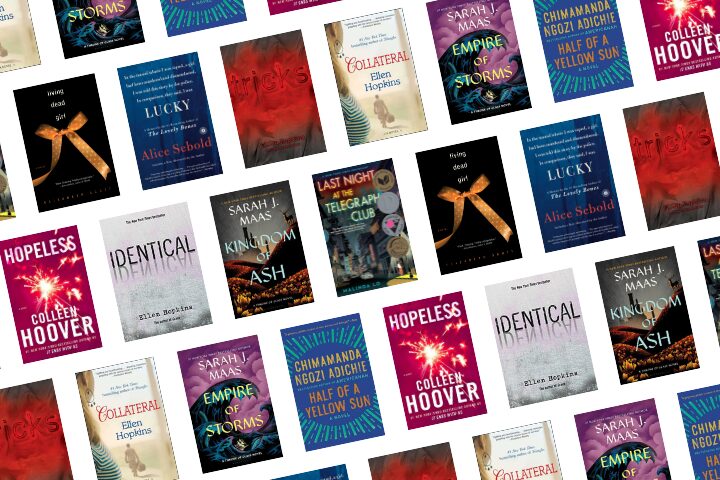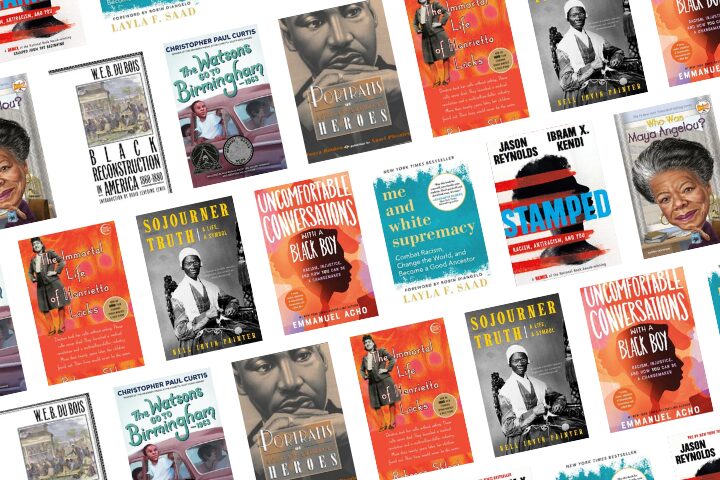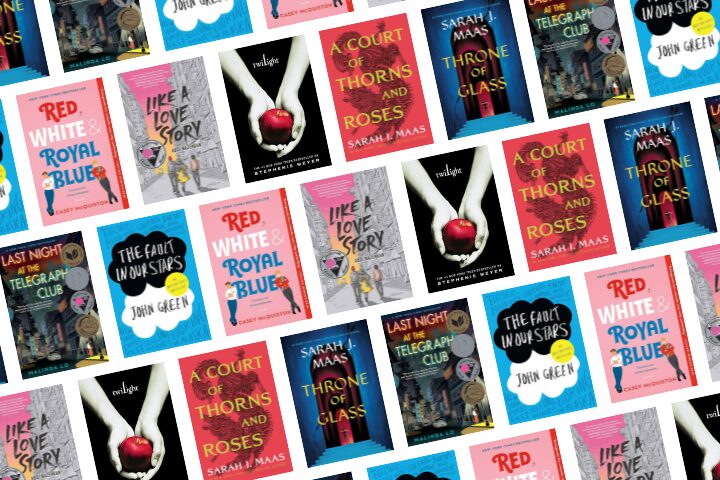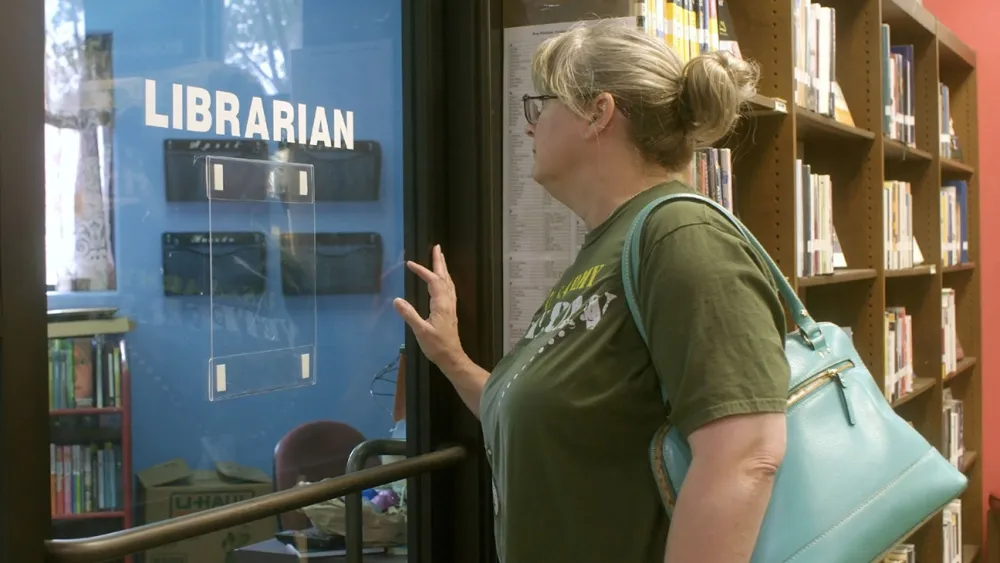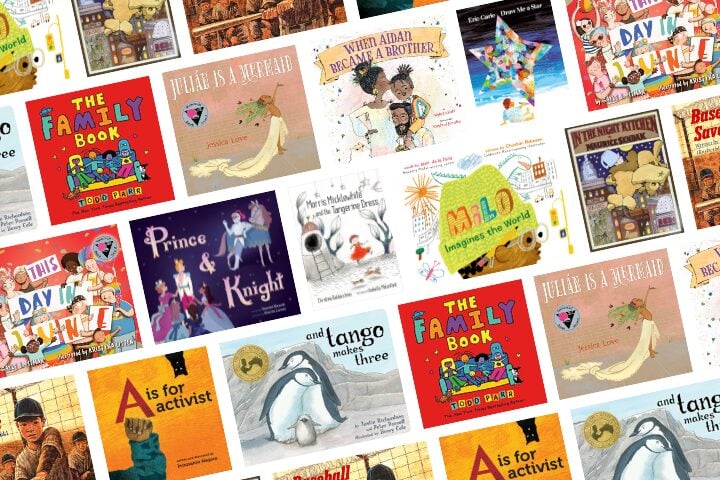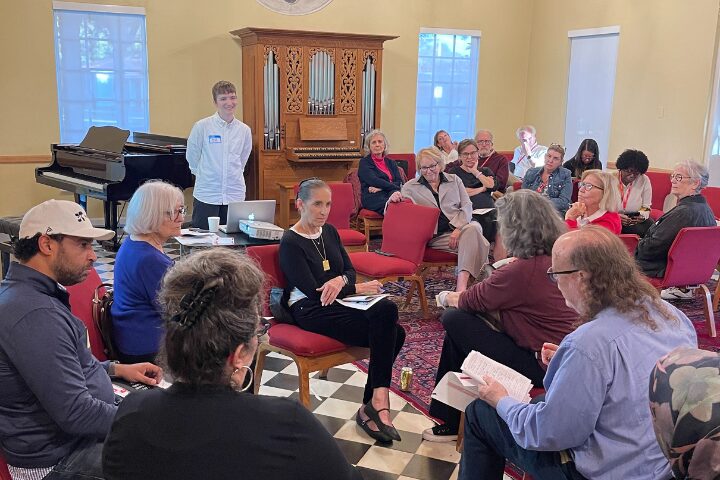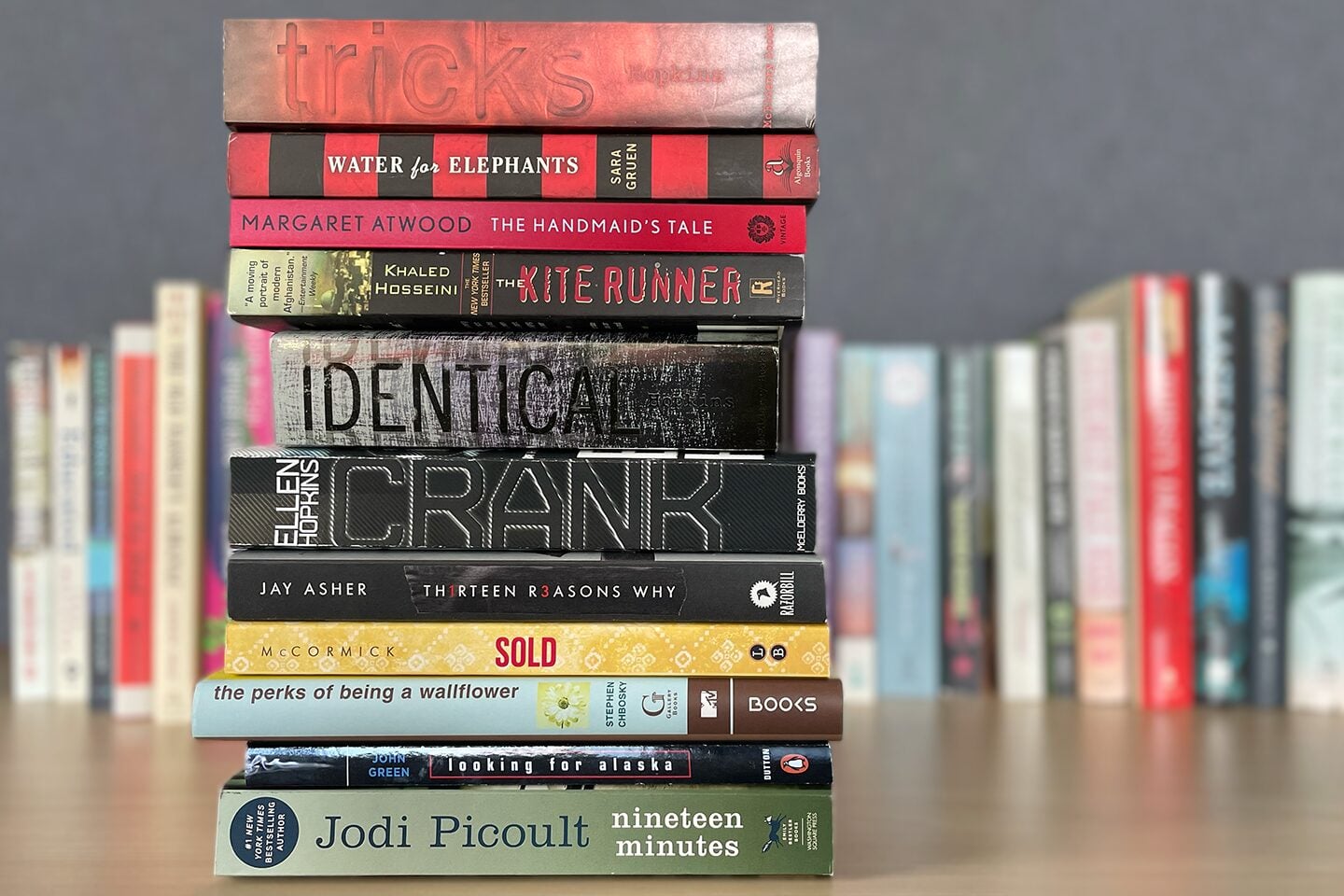Parents, students, educators, authors, and free speech advocates, including PEN America, on Monday confronted the St. Francis, Minnesota, school board, demanding it reverse some of the most restrictive and rigid book bans in the nation’s schools.
The multi-pronged campaign started with more than 100 students staging a walkout from St. Francis High School Monday afternoon, in which they carried books banned by the district including The Kite Runner and Slaughterhouse-Five, and then sat outside the 1,200-student school’s main entrance for a “read-in.”
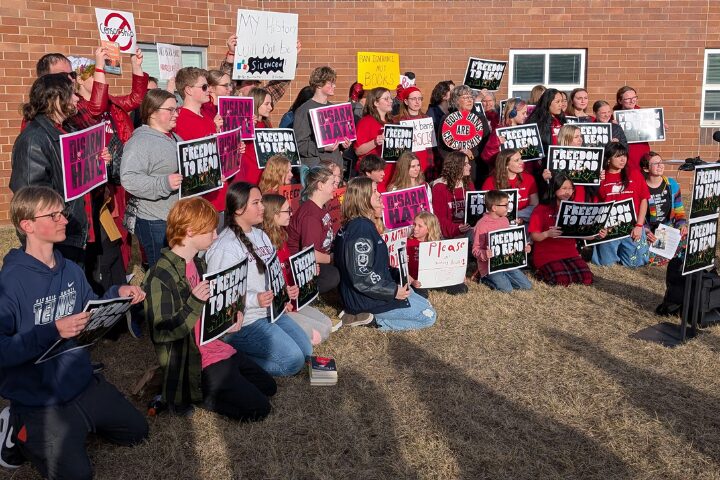
The St. Francis Area School District board adopted its onerous Library Materials Policy in November, requiring that books offered in the school libraries or purchased by the district be filtered through the Booklooks.org website, an unprecedented move PEN America compared to having “a fox rule the chicken coop.”
The site, which was founded by a member of Moms for Liberty, assigned ratings by anonymous reviewers based on secret criteria. Books were rated on a scale of zero, which meant the content was considered appropriate for all ages, to five, which meant the content was classified as “aberrant” and for “adults only.”
The St. Francis policy, which was adopted against the recommendations of the district’s superintendent and attorney, required that books with a rating of three or higher be removed from the school library after a complaint is filed, with no opportunity for local review or appeal. Books with LGBTQ+ characters, BIPOC characters or books that contain what the site calls “inflammatory religious commentary” were typically rated as less appropriate.
Notably, as of Sunday, the site ceased operation and took down all of its ratings reports, throwing additional questions about the policy into the mix.
“Our charge was always to help inform parents and it would appear that mission has been largely accomplished,” a notice on the top of the homepage states. Moms for Liberty Co-Founder Tiffany Justice recently touted the Education Department’s new “End DEI” portal where she said parents can “share receipts” about schools “pushing critical theory, rogue sex education and divisive ideologies.”
At least 47 books were removed or were slated to be pulled from St. Francis school shelves in the months since the policy was adopted, with classics like, The Bluest Eye, Beloved, Brave New World, and The Handmaid’s Tale, among them. Among the pending removals, the Holocaust memoir Night by Eli Wiesel, a Nobel Prize winner.
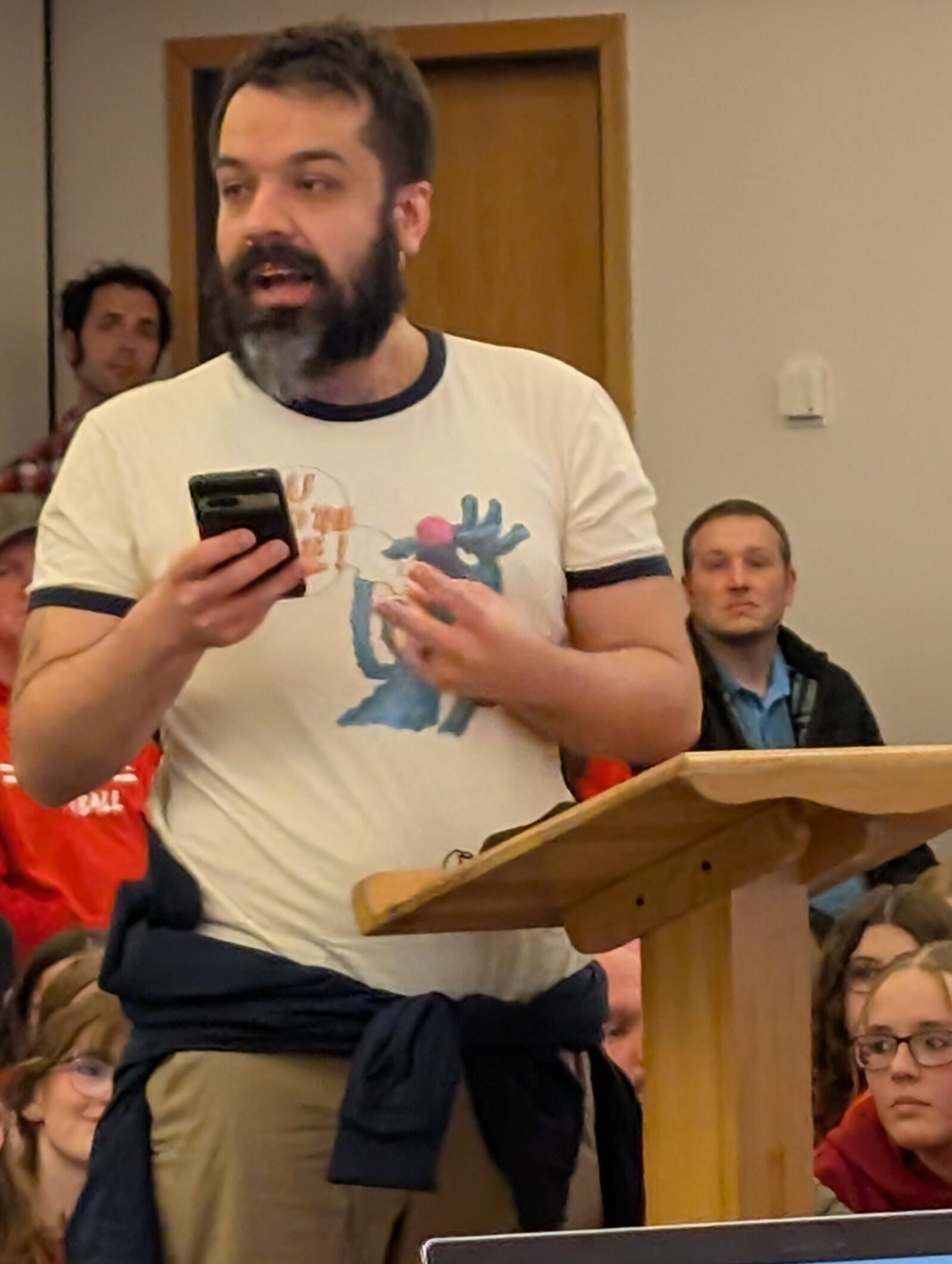
Shortly after the students walked out in protest, the ACLU Minnesota and the teachers’ union, Education Minnesota, each filed lawsuits seeking to end book banning in the district.
“The St. Francis School Board fails its students by abandoning its duty to oversee the education of young people in service of a partisan, political orthodoxy,” said ACLU-MN Staff Attorney Catherine Ahlin-Halverson. “The freedom to read is fundamental to our democracy, and the ACLU of Minnesota stands with St. Francis students demanding that their school board stop violating their constitutional right to access information.”
The union’s suit also argues that the district’s policy violates the state constitution and state law, along with being “antithetical to the values of public education and encouraging discourse.”
Jonathan Friedman, PEN America Sy Syms managing director for U.S. Free Expression Programs, voiced his support for open libraries and called on the district to rescind the dangerous policy that led to the bans.
“School library collections should be curated by professional librarians with the requisite training and expertise. Supplanting that in favor of a so-called ratings system found on a bogus online website does a disservice to St. Francis School District’s students and families,” he said. “Predictably, this policy is a recipe for censorship, leading to the banning of books on subjective, ideological grounds. This damaging policy ought to be immediately rescinded.”
In addition to the suits, authors and free speech advocates, including PEN America and Authors Against Book Bans, joined parents and students prior to Monday night’s school board meeting, where the policy was initially slated to be reviewed, though it was taken off the table because of the lawsuits, local media reported.
Their presentation included letters from 10 authors, including several whose work has been targeted in book bans, among them Ashley Hope Perez, Jodi Picoult, Ellen Hopkins and Khaled Hosseini.
In his letter, Hosseini said he’s collected “stacks of manilla envelopes” filled with letters from students who shared the impact reading The Kite Runner had on them.

“Hearing from high school students for two decades has convinced me that they are more than sophisticated and mature enough to digest and contextualize the themes raised by The Kite Runner,” he wrote. “They are appropriately and constructively challenged by the book. And they are more than up to the task, asking critical questions and learning valuable lessons about injustice, discrimination, tyranny, and the perils of religious extremism.”
Minnesota-based author Anne Ursu, who attended and read her letter personally, called the policy an attack on teachers and librarians. “This policy means your educators have to spend their time and energy looking over their shoulder, worrying about books being ripped out of their hands, worrying about getting attacked like so many other educators across the country are.”
PEN America has documented more than 10,000 instances of book bans nationwide during the 2023-2024 school year.
“Preventing young people from reading books that speak to who they are won’t prevent them from being gay or transgender. It won’t prevent them from having questions about sex. It won’t prevent them from having mental health issues. What censorship can do is prevent young people from having access to knowledge that can help them understand that who they are is okay and that they’re not alone,” author Shaun David Hutchinson wrote in his letter, “My goal with every single book I write is to be the voice that I needed as a young person and to make readers feel safe and accepted.”
“Your kids don’t need protection from books,” he continued. “They need to know you support them. They need you to accept them. And most of all, they need to know you love them for who they are.”

